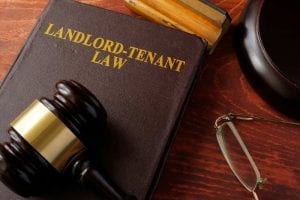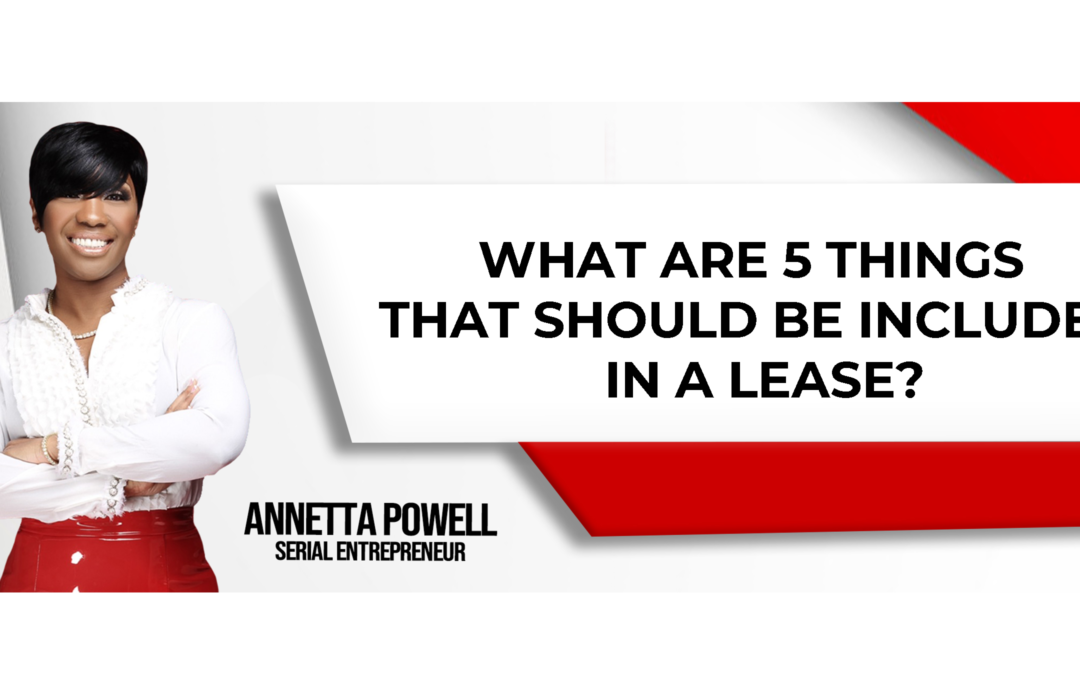Do you know what the things included in a lease are?
Preparing a property for tenancy requires ticking a couple of boxes. The process involves several tiring activities which must be done. An important part of that preparation is setting up a residential lease. A regular assessment of residential lease is not limited to new landlords who are easily regarded as greenhorns in the industry. Even veteran landlords do well to periodically check their lease terms.
The lease term is subjective; a good landlord may choose to add some terms not included in that of another, regardless, there is some fundamental information that every lease must-have. Here are the basic five.
Tenant Information

A lease must include tenant information. Name, contact, and work details. This is basic and mandatory. The name of the tenant should be correctly filled in, and details about their place of work must likewise be included. Additionally, phone numbers, email addresses ( personal and work) are also important information to record.
Choose a Tenancy Term
Tenancy term indicates the mode of payment and occupancy. It varies and can be a month-to-month payment arrangement, quarterly renting, 6-month, or annually. While these types are fixed-term leases, periodic rent is likewise common. The periodic lease is continuous until the tenant or landlord states otherwise. Any form of lease system you use needs to be documented.
Rent Payment Plan
The rent payment plan outlines the amount a tenant pays and the payment date. Based on the agreed arrangement, tenants pay monthly, every 3-6 months, or yearly. The lease term should contain the agreed payment day and the amount. As the lease term becomes a binding document, increasing rent goes through a protocol to take effect. For example, a tenant gets a Notice of Rent Increase in advanced and not abruptly. The advance notice prepares the tenant for an increase in rent amount or the adjustment to the payday.
Repairs and Maintenance
Regular maintenance of a residential property is essential to keep the property in excellent condition. However, a landlord is not obligated to make every repair. To avoid misunderstandings between a tenant and landlord, proper documentation is beneficial to inform tenants about clauses in repairs. It will state the circumstances where the landlord is responsible and when it’s the tenants’ responsibility. Repairs like plumbing and heating are usually the duty of the landlord. In the aspect of adding external or additional features to a home, you as a landlord can inform tenants that no alterations should occur(if you so desire). Painting and fixing objects on the wall are also what your terms may prohibit.
As you include this basic information in your lease term, do well to check local laws guiding property lease to respect tenants’ rights as you set your rules.

Are you a realtor? If so what state . I’m looking g foe a realtor in Las Vegas , Neveda
Yes I am a realtor for Detroit and Chicago only!
Dear Annetta Powell,
I really appreciate the very informative topics on Real Estate Investing you provide. Success leaves clues! Your expertise in the Real Estate business is proof you are walking the talk with visible fruit of success. Keep up the great work!
Thank you for the supportive comment… it’s comments like these that make me continue giving value and share my knowledge!